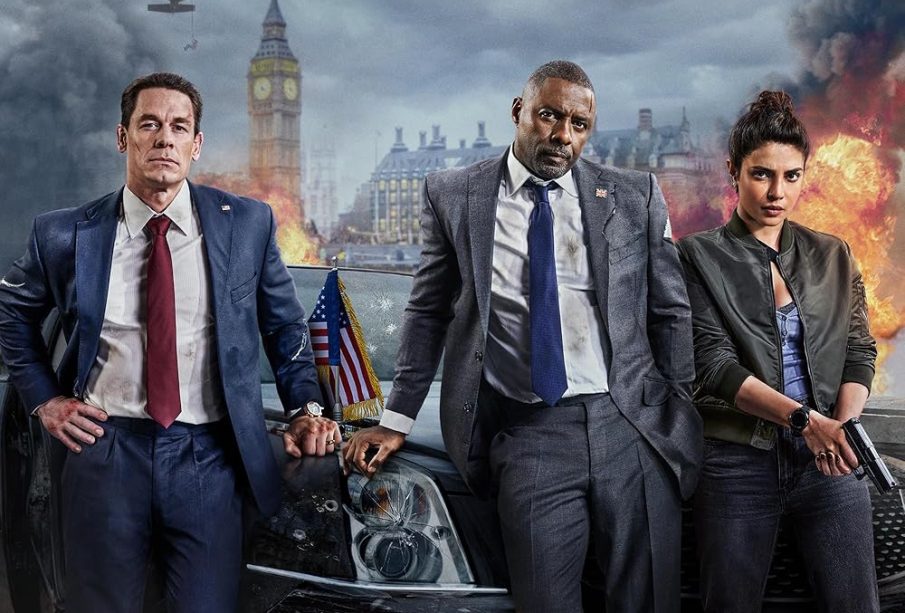Understanding the Role of Heads of State in Global Politics

Introduction
The role of heads of state is crucial in shaping national policies and international relations. As the highest-ranking officials in their respective countries, these leaders influence the social, economic, and political landscapes both domestically and internationally. Recent events around the globe have highlighted the importance of effective leadership in navigating crises and fostering collaboration among nations.
Current Landscape of Heads of State
As of October 2023, notable heads of state include U.S. President Joe Biden, French President Emmanuel Macron, and Chinese President Xi Jinping. Each of these leaders faces unique challenges relating to economic recovery post-COVID-19, climate change, and geopolitical tensions. For instance, President Biden is focused on repairing diplomatic relationships that frayed during previous administrations while also pushing forward domestic policies aimed at building infrastructure and promoting social justice.
In Europe, Macron has been at the forefront of discussions on energy reform and the European Union’s strategic autonomy amid pressures from Russia and the ongoing energy crisis. Meanwhile, Xi Jinping has fortified his position domestically while asserting China’s influence globally, particularly through initiatives such as the Belt and Road Initiative, which aims to expand China’s economic reach.
Recent Events and Developments
Summits and international gatherings have increasingly become platforms for heads of state to discuss pressing global issues. The United Nations General Assembly in September 2023 showcased leaders addressing climate action—with commitments to reduce carbon emissions—and economic inequality exacerbated by the pandemic. Leaders also discussed international security concerns, particularly in light of ongoing conflicts in Ukraine and the Middle East.
Notably, the G20 summit scheduled for late 2023 is expected to address global economic recovery and reforms in international financial institutions that better reflect the dynamics of a multipolar world. This reflects a growing acknowledgment among heads of state that collaborative solutions are essential for tackling global challenges.
Conclusion
The role of heads of state is continuously evolving as they respond to the complexities of the modern world. Their decisions not only affect their own countries but also bear significant implications for international relations. As these leaders navigate a landscape marked by interconnectivity and rising global challenges, the actions they take will be crucial for fostering peace and stability on a global scale.
For readers, understanding the dynamics of these leaders provides insight into the future direction of global affairs and the potential impact on local communities. As international dialogue continues to evolve, the significance of heads of state in facilitating cooperation and conflict resolution cannot be overstated.









